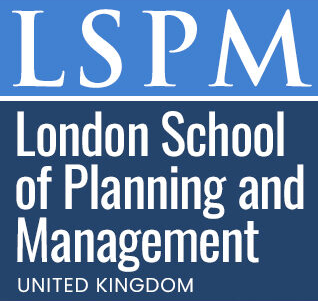Certified Specialist Programme in Educational Equity
Published on June 28, 2025
About this Podcast
HOST: Welcome to our podcast, today we're talking with an expert about the Certified Specialist Programme in Educational Equity. Can you tell us a bit about your experience in this field and what drew you to educational equity? GUEST: I've been an educator for over 20 years, and I've seen firsthand how important it is to create inclusive learning environments. I was drawn to educational equity because it addresses the systemic issues that can hinder students' success. HOST: That's inspiring. Now, let's discuss the course. It covers diversity, inclusion, and equity in education. How do you see these concepts evolving in the industry? GUEST: There's a growing recognition that diversity and inclusion are not just buzzwords, but crucial components of quality education. Equity, on the other hand, is about ensuring that every student has access to the resources and opportunities they need to succeed. This shift towards a more equitable education system is long overdue. HOST: Absolutely. Now, one of the course's key features is addressing bias in teaching practices and assessments. Can you share any challenges you've faced or observed in this area? GUEST: Bias can be subtle and unconscious, making it challenging to identify and address. However, acknowledging its existence is the first step. The course provides practical strategies to help educators recognize and mitigate their biases, which is invaluable. HOST: That's so true. Moving on, the program also delves into culturally responsive teaching. How can this approach benefit both educators and students? GUEST: Culturally responsive teaching honors students' backgrounds and experiences, making learning more engaging and relevant. It also helps teachers understand and address the unique needs of their students, leading to improved academic outcomes. HOST: It sounds like a win-win situation. Lastly, let's talk about the future. With more educators becoming certified in educational equity, what changes do you envision in the classroom and beyond? GUEST: I believe we'll see more inclusive, equitable learning environments where every student feels valued and supported. This shift will not only benefit individual students but also contribute to a more socially just society. HOST: Thank you for sharing your insights and experiences with us today. We're excited to see the positive impact this course will have on education. GUEST: My pleasure. Thanks for having me.
